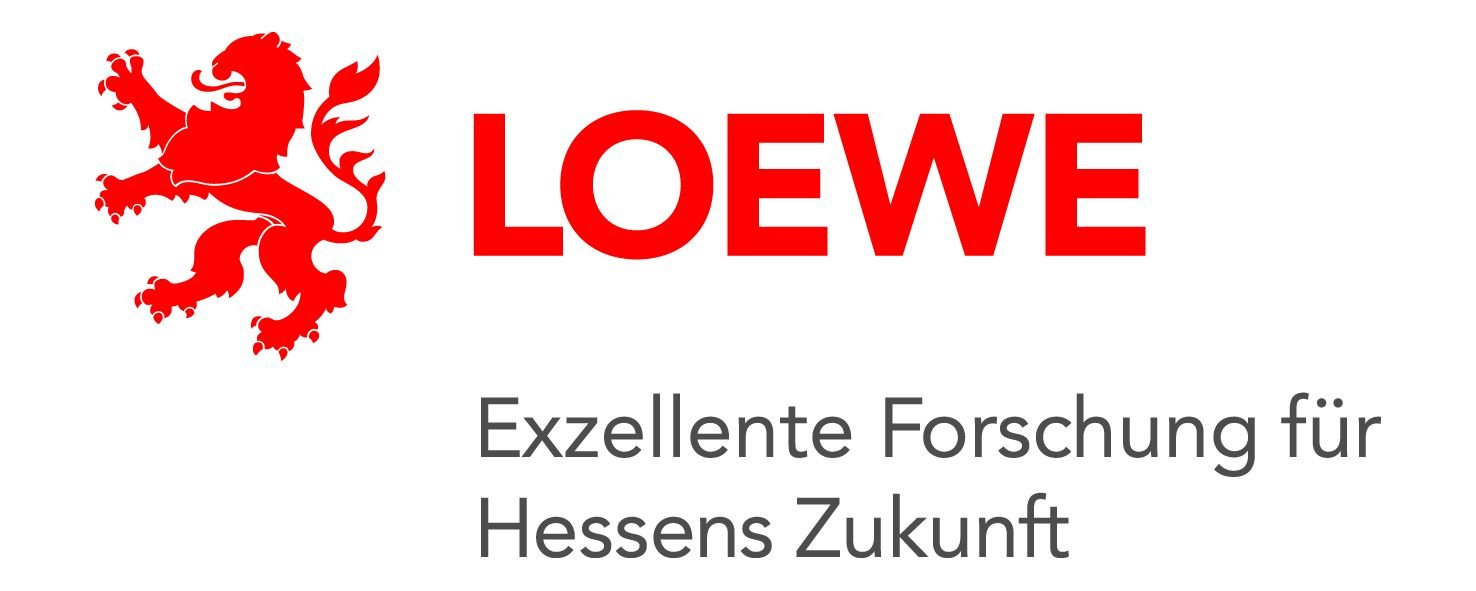UCKELMANN LAB
From stem cells to leukemia: targeting the epigenetic drivers of transformation.
The transformation of normal hematopoietic stem cells into aggressive leukemia remains poorly understood. Epigenetic plasticity plays a central role in this transition, yet we lack comprehensive knowledge of which chromatin factors maintain normal stem cell programs and how they become corrupted during leukemic transformation. Identifying the epigenetic mechanisms regulating the transformation of normal to leukemic stem cells will open new avenues for the identification of therapeutics at different stages of disease. A characteristic stem cell-like gene expression pattern is a hallmark of aggressive acute myeloid leukemia. Intriguingly, most of these patients harbour mutations in epigenetic modifiers that directly regulate stemness. What is fundamentally missing is a comprehensive understanding of which chromatin factors are involved in maintaining normal stem cell programs and how they are modulated during leukemic transformation. We recently uncovered a novel epigenetic mechanism of transition to the leukemic-state, mediated by direct chromatin binding of mutant NPM1 and transcriptional regulation of a specific set of stem-cell genes. Building on this discovery and employing cutting-edge low-input chromatin technologies and in vivo models of preleukemia, we want to address these questions:
1) How are normal hematopoietic stem cell programs regulated at the epigenetic level?
2) What epigenetic landscape alterations govern the transition to tumorigenicity?
3) How can we exploit epigenetic dependencies to pharmacologically target premalignant and malignant states?
In the Uckelmann lab, we explore the largely uncharted epigenome during leukemic transformation of rare stem cell populations. Using cutting-edge epigenetic profiling technologies and sophisticated in vivo models, we deconvolute different stages of leukemogenesis to identify cancer-specific vulnerabilities and develop novel therapeutic strategies.
Do you want to join the team?
We are always looking for highly motivated PhD students and postdocs that are interested unraveling the epigenetic mechanisms regulating self-renewal in normal and malignant hematopoiesis. Please contact Dr. Uckelmann if you are interested.









